Currency, fishmeal price pressure see Oceanas revenue, earnings dip
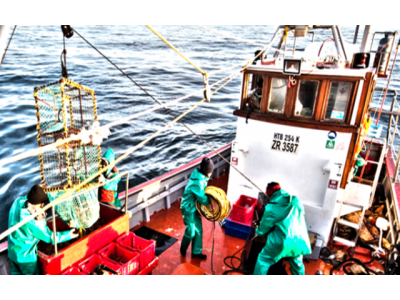
Oceana vessel
South Africa-headquartered group Oceana reported a dip in revenue and profits for the first half of 2017, after currencies and increased fishmeal supply made for a volatile period.
IN NUMBERS
- Group revenue: ZAR 3.14bn, down 9%
- Profit after tax: ZAR 229m, down 20%
- Gross margin: 39%, up from 26%
- US dollar revenue up 14%
The firm delivered an improved cash flow and net debt position. However, group revenue fell 9% to ZAR 3.1 billion ($236 million), and headline earnings fell 16% to ZAR 226.2m.
Dollar revenue grew 14% from its US operations and export businesses in South Africa, Namibia and Angola, which together contributed $100m.
As well as the rand's strength and fishmeal and oil price pressure, occupancies in Oceana’s cold storage division were also impacted by increased competition in the inland area, while days at sea in its hake division were affected by vessel outages, the firm noted.
Canned fish sales volumes in South Africa also declined due to the timing of price increases, which together with the effect of a stronger rand materially impacted group revenue.
These impacts were partially offset by improvements in other areas of the business. Fishmeal volumes were up in the US and Angola, as were horse mackerel volumes in South Africa, “while Daybrook’s earnings again validated the company’s decision to invest in this US-based business”.
Procurement efficiencies instituted in the group delivered real earnings benefit, as did much improved working capital management, it added.
The 14% decrease in group operating profit was a direct reflection of the adverse movement in net foreign exchange, from a gain of ZAR 69.9m in 2016 to a loss of ZAR 44.7m in the six months.
“There is little question that the last six months were extremely challenging,” said Oceana chief executive Francois Kuttel.
“While we had a number of positive improvements, a confluence of headwinds put us under abnormal pressure. Having said that, we still managed to end the six months with net debt improved, as well as cash flow. I was very pleased at the material improvement in working capital.”
Pilchard cuts hit canning
The canned fish operation was affected by the reduction in the South African total allowable catch (TAC) for pilchard, which dropped from 64,928 metric tons in 2016 to an initial allocation of 23,964t. Oceana continued its strategy of importing frozen raw material for local processing.
Sales volumes for the canned fish division dropped 28%, due primarily to the timing of buy-in effects ahead of price increases taken in April 2016 and October 2016, respectively, said Oceana.
However, costs in the canned fish division were well managed, and procurement efficiencies and improved US dollar pricing for imported product contributed to an increase in gross profit margin.
Due to the effects of forward exchange contracts to cover imported frozen fish, the rand's strength has negatively impacted this division’s overall margin and profitability. In the longer term continued rand strength will improve affordability.
The division saw an operating profit of ZAR 119.8m, down year-on-year from ZAR 193.5m.
Fishmeal, oil profit boost
The fishmeal and fish oil division in Africa delivered a “solid performance”, despite headwinds from export earnings and fishmeal pricing, said the firm. The division saw higher sales volumes, it added.
Daybrook's revenue increased 12% in US dollar terms, Oceana said. “The increased landings in the 2016 fishing season contributed to elevated opening inventory levels for the period, resulting in improved sales volumes of fishmeal and oil.”
“Strong improvement in operating profit to $16m for the six months was offset by the effects of a strong rand when consolidating earnings into the group’s results. Operating profit in rand terms improved by 13%.”
This was ZAR 216.3m, up from ZAR 190.8m.
Good pricing offsets rand on horse mackerel
Catch rates of horse mackerel in Namibia normalized in the second quarter following the lower catch rates experienced in the first quarter, Oceana noted.
In South Africa, the precautionary maximum catch limit (PMCL) for targeted catch of horse mackerel decreased by 28.4% and consequently, quota available to Oceana through own and joint venture allocations dropped to 24.8% (2016: 34.7%) of the PMCL.
Catches in South Africa improved over the period resulting in an overall improvement in size mix for the segment.
The stronger rand contributed to a decrease in horse mackerel revenue, but this was offset by improved pricing and procurement efficiencies, it said. As a result, operating profit was marginally lower than for the prior period; ZAR 101.4m versus ZAR 109.5m (for horse mackerel and hake combined).
Vessel utilization in the hake division was affected by the planned factory upgrade of the fishing vessel Beatrice, and the unforeseen breakdown of two vessels, which resulted in decreased sales volumes for the period. Revenue and operating profit were consequently lower.
Meanwhile, revenue and operating profit in the lobster business declined following the combined effect of lower landings resulting from a delay in the TAC announcement and permit allocations at the start of the 2017 season, lower catch rates and the effect of a stronger rand.
Fishing rights allocated to the squid business were unchanged for the period. Squid revenue and operating profit improved materially due to firm prices and increased landings compared to the prior period.
Revenue for the lobster and squid division fell from ZAR 81.3m to ZAR 73.9m. Operating profit in H1 2017 was ZAR 19.7m, down from ZAR 22.6m.
Related news
Tools

Phối trộn thức ăn chăn nuôi

Pha dung dịch thủy canh

Định mức cho tôm ăn

Phối trộn phân bón NPK

Xác định tỷ lệ tôm sống

Chuyển đổi đơn vị phân bón

Xác định công suất sục khí

Chuyển đổi đơn vị tôm

Tính diện tích nhà kính

Tính thể tích ao

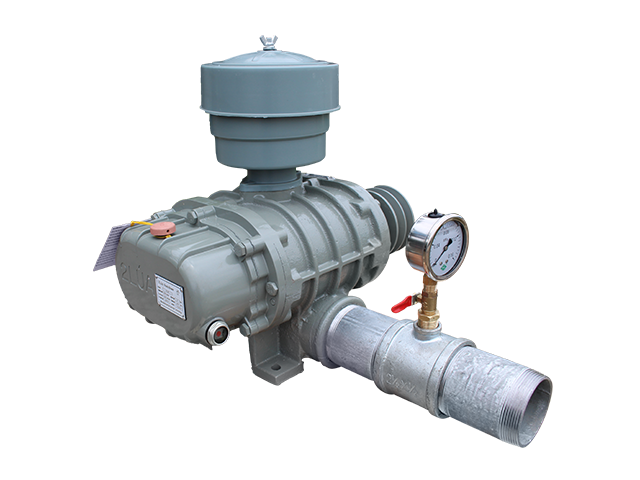
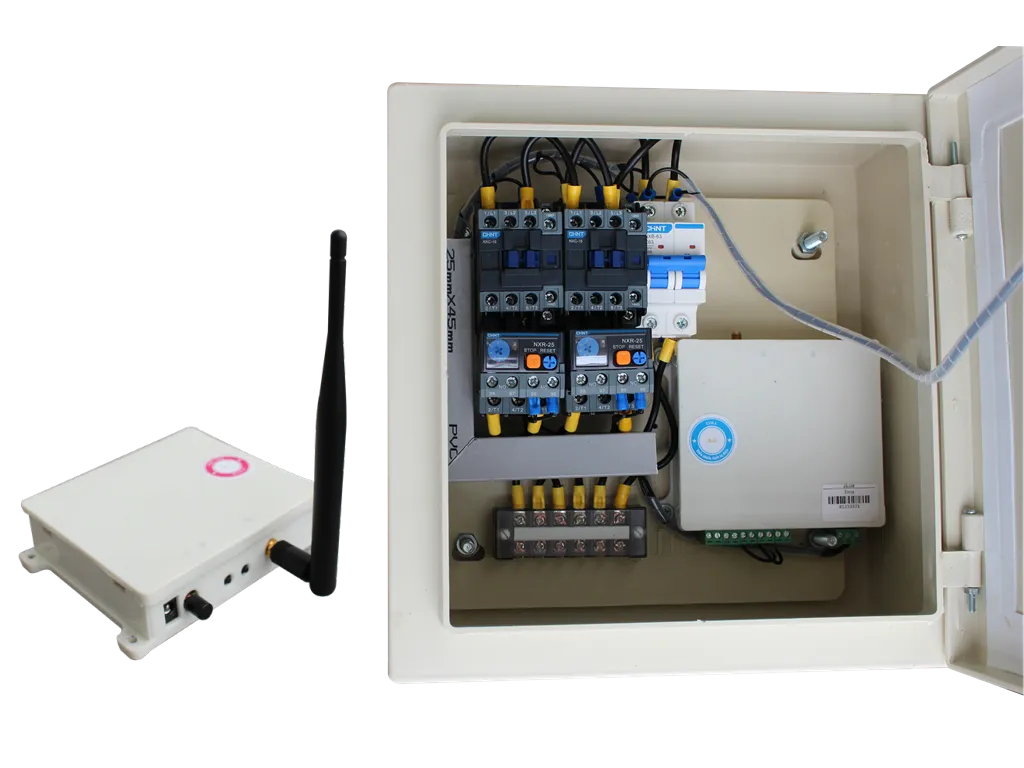
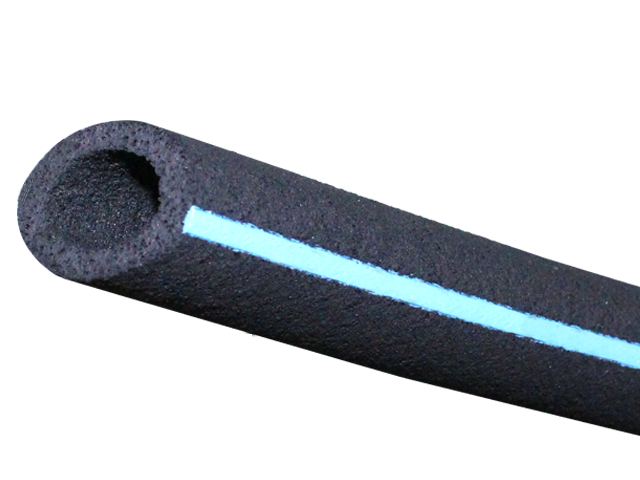
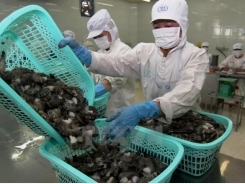
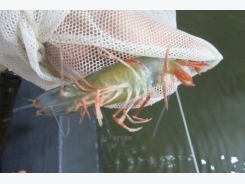
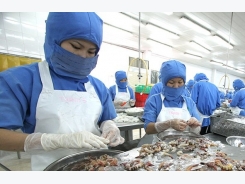
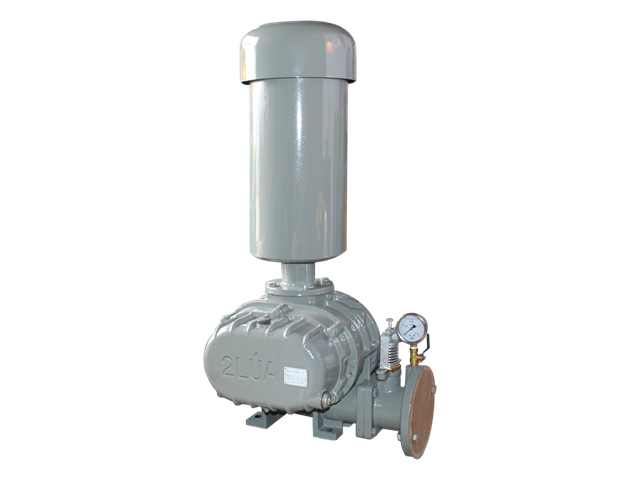
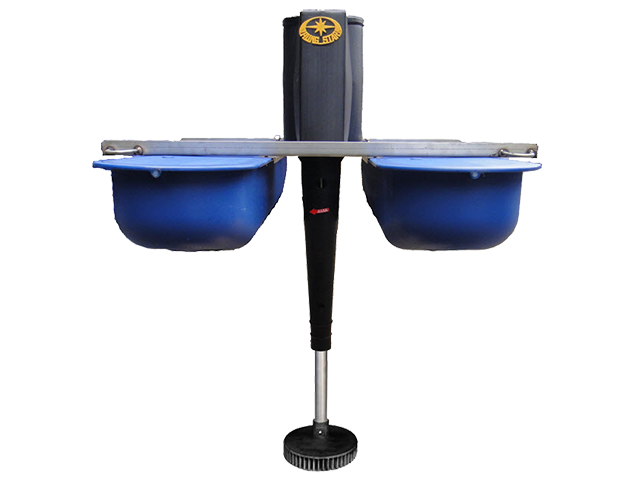
 Việt Nam urges Australia to…
Việt Nam urges Australia to…  Japan replaces U.S. as top…
Japan replaces U.S. as top…